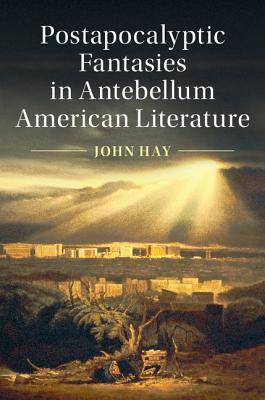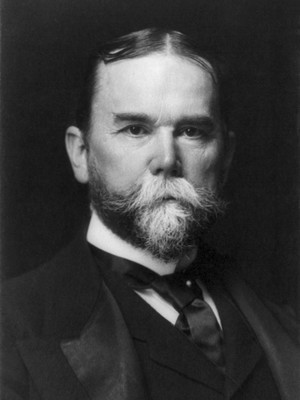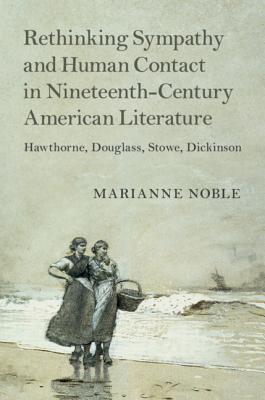
Part of Series
Author

John Milton Hay (October 8, 1838 – July 1, 1905) was an American statesman & official, lawyer and writer; his career in government stretched over almost half a century. Beginning as a private secretary and assistant to Abraham Lincoln, Hay's highest office was United States Secretary of State under Presidents William McKinley and Theodore Roosevelt. Hay was also an author and biographer, and wrote poetry and other literature throughout much of his life. John Hay was born on October 8, 1838, in Salem, Indiana, but spent most of his youth in Warsaw, Illinois. The third son of Dr. Charles Hay and Helen Leonard, Hay moved to Illinois when he was 13 years old to study at an academy in Pittsfield. There, he met John Nicolay, with whom he would later work as a private secretary for President Abraham Lincoln. A year later, in 1852, Hay left for Springfield College. After completing his early education, he was accepted into Brown University, his grandfather's alma mater. While studying at Brown, Hay developed a strong interest in literature, particularly poetry. He became actively involved in Providence’s literary community, which included Nora Perry and Sarah Helen Whitman, who had been engaged to Edgar Allan Poe. Upon graduating from Brown, Hay was named "class poet," but he left school before receiving his diploma at the university's official commencement ceremony. After graduation, he returned home to Warsaw, Illinois, where he studied law and worked for his uncle, Milton Hay's law office. The law office where Hay worked was next door to Abraham Lincoln's law office and, as a result of their close proximity, Hay and the future president became acquaintances. Lincoln was elected president of the United States in 1861 and he chose John Nicolay, Hay's childhood classmate, as his secretary. Nicolay subsequently recommended Hay for the position of private secretary to the president. Hay was offered the position, and served in the Lincoln White House from 1861 to 1865. He went on to serve as the U.S. secretary of state for both William McKinley and Theodore Roosevelt. Arguably his greatest influences were negotiating the Hay-Pauncefote Treaty and promoting an "Open Door" policy in China. Hay continued to write throughout his life. His literary work includes Pike County Ballads and Other Pieces, a book of poems; the novel The Bread-Winners; and Abraham Lincoln: A History, a historical non-fiction book co-written by John Nicolay. Hay died on July 1, 1905, in Newbury, New Hampshire.


